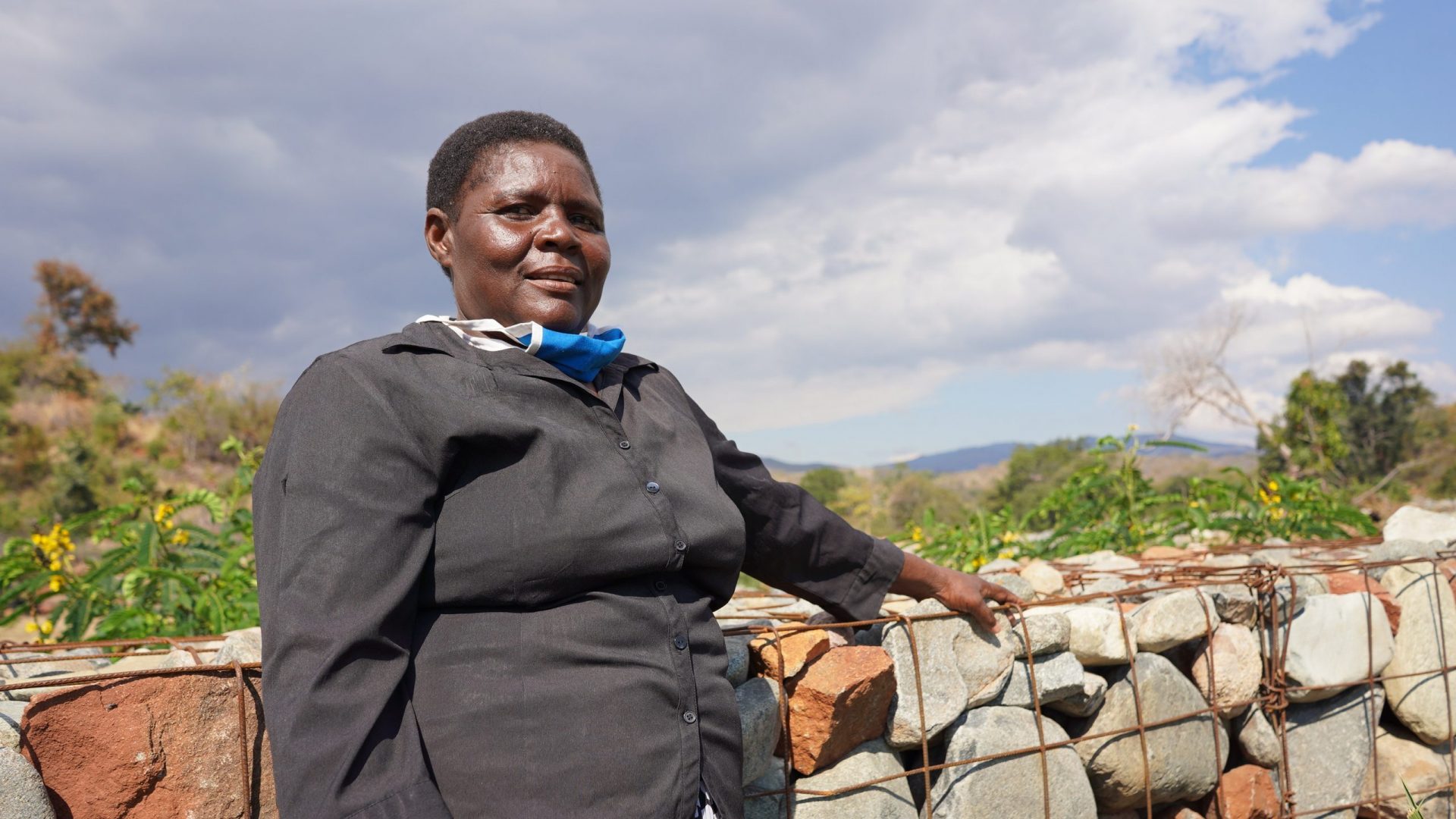ZIRP inspires women in rural communities to take on leadership roles #IWD2021 #ChoosetoChallenge
On the occasion of International Women’s Day, ZIRP joined the world to commemorate women’s milestones who have challenged bias and stereotypes to become leaders by celebrating the rural women leading cyclone Idai recovery efforts in Chimanimani and Chipinge.
Recovery efforts in the Cyclone affected communities have provided temporary employment opportunities. However, construction and rehabilitation work has traditionally been viewed as male roles, particularly in rural communities where societies remain largely patriarchal.
ZIRP has been encouraging and facilitating women’s inclusion in all aspects of the restoration of livelihoods and revitalisation of access to health, water, sanitation and education facilities.
“I got a chance to lead as a woman and make history. Now I can stand tall and be counted as one of the people who played a role in reconstructing a dam. It is a milestone that I got to lead a successful project,” Jane Chinyavanhu, a Zimunda weir supervisor, said, adding that the leadership role gave her a lot of social skills and knowledge.
”There is nothing scary about leading nowadays. Also, considering that women are now the backbone of most rural economies, they are becoming breadwinners in their families and that is leadership. The strength and perseverance are already instilled in a woman who is responsible and able to fend for the whole family. It then becomes much easier to take up leadership responsibility beyond household level,” Community road works supervisor Janet Makungumiko also added.
Under the WASH sector, women are also being trained as builders to support the construction of sanitation facilities. When the global COVID-19 pandemic hit, it was again women who took up positions in the frontline as Village Health Workers (VHWs) to raise awareness in their communities and spread prevention messaging. Many village health workers have indirectly recruited their husbands, children or extended family members into their quest and drive for a healthier community.
Prisca Gwenzi (50) has been a VHW for the past 10 years after receiving training at Mt Selinda Mission Hospital. Her commitment to serving the community has influenced her husband, who has turned into a strong advocate for children and women’s health issues and rights. “She is the expert; I am the assistant,” said the 54-year old husband, Caiphas Mtisi.
The ZIRP acknowledges and advocates for women’s inclusion and effective participation in decision-making processes through a consultative approach to all programming, ensuring that every project and programme integrates gender considerations that strive to deliver equal benefits for all.
UNOPS’ own gender parity initiative has also exposed the rural communities to female drivers and engineers, helping them realise that women have more capacity than what the community had previously thought. Seeing women in positions of influence provides communities with a glimpse of the success that their daughters may realise if given the opportunity, a glimpse of what an equal future could be, even in the midst of a pandemic.

